Communicating Research
FMC Departmental Seminar Series 2015-16
Venue: CG17, Christchurch House, Talbot Campus, Bournemouth University, Fern Barrow, Poole, Dorset, BH12 5BB
Wednesday 16 March 2016, 3pm, CG17
Politics and Media Research Centre event:
Guest Lecture
Anastasia Kavada, Westminster Faculty of Media, Arts & Design at the University of Westminster
Social movements can be considered as communication phenomena, as actors emerging from conversations amongst groups and individuals which become codified in ‘texts’ of various kinds: common statements and manifestos, training resources and new ‘scripts’ that ritualize common ways of behaving, as well as new digital artefacts whose design reflects the values of the movement. This talk outlines a communication perspective on social movements by focusing on the case study of the Occupy movement. The empirical material is drawn from 75 in-depth interviews with Occupy activists in London, New York, Seattle and Boston. The talk investigates digital media as part of Occupy’s communication ecology, focusing on their use to create spaces for conversation, to delineate the boundaries between the movement and its environment, and to develop ‘texts’ that embody the shared values and codes of the movement. Examining social movements as communication phenomena also provides an insight into how power relations, both within the movement and between the movement and its allies, targets and adversaries, are shaped by communication practices. More specifically, this talk identifies six types of communication power that shaped the power relations of Occupy. Overall, in this talk I argue that viewing social movements as phenomena emerging in and through communication allows us a grounded perspective on their processes and their capacity to effect change.
Anastasia Kavada is Senior Lecturer in the Westminster Faculty of Media, Arts & Design at the University of Westminster. She is Co-leader of the MA in Media, Campaigning and Social Change and Deputy Director of the Communication and Media Research Institute (CAMRI). Her research focuses on the links between online tools and decentralized organizing practices, democratic decision-making, and the development of solidarity among participants in collective action. Anastasia’s case studies include, among others, the Global Justice Movement, Avaaz, and the Occupy movement. Her work has appeared in a variety of edited books and academic journals, including Media, Culture & Society and Information, Communication & Society.
About the series
This new seminar series showcases current research across different disciplines and approaches within the Faculty of Media and Communication at BU. The research seminars include invited speakers in the fields of journalism, politics, narrative studies, media, communication and marketing studies. The aim is to celebrate the diversity of research across departments in the faculty and also generate dialogue and discussion between those areas of research.
Contributions include speakers on behalf of
The Centre for Politics and Media Research
The Centre for the Study of Journalism, Culture and Community
Promotional Cultures & Communication Centre
Public Relations Research Centre
Narrative Research Group
Journalism Research Group
Advances in Media Management Research Group
 HEFCE’s policy for open access
HEFCE’s policy for open access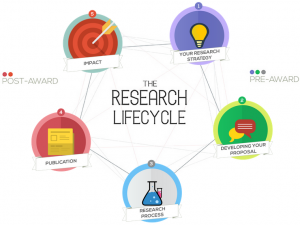
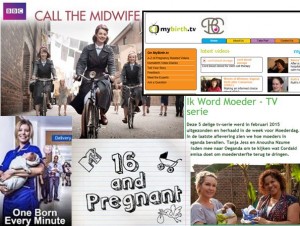 Our latest paper in the international journal BMC Pregnancy & Childbirth published late last month was highlighted yesterday in a
Our latest paper in the international journal BMC Pregnancy & Childbirth published late last month was highlighted yesterday in a  Our paper is great example of interdisciplinary research, as celebrated at the forthcoming Interdisciplinary Research Sector Day on June 21st (
Our paper is great example of interdisciplinary research, as celebrated at the forthcoming Interdisciplinary Research Sector Day on June 21st ( It will take place on Tuesday, 21st June 2016 in the
It will take place on Tuesday, 21st June 2016 in the 



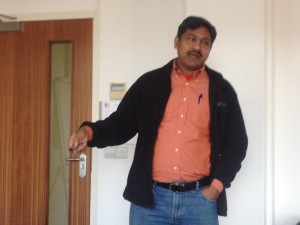
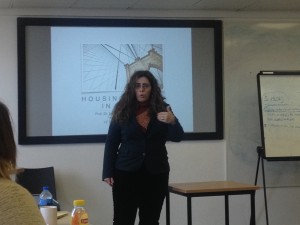











 BU paper among top 20 most cited papers
BU paper among top 20 most cited papers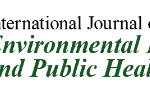 Nepal migrant workers returning from India
Nepal migrant workers returning from India New BU midwifery publication
New BU midwifery publication MSCA Postdoctoral Fellowships 2025 Call
MSCA Postdoctoral Fellowships 2025 Call ERC Advanced Grant 2025 Webinar
ERC Advanced Grant 2025 Webinar Horizon Europe Work Programme 2025 Published
Horizon Europe Work Programme 2025 Published Horizon Europe 2025 Work Programme pre-Published
Horizon Europe 2025 Work Programme pre-Published Update on UKRO services
Update on UKRO services European research project exploring use of ‘virtual twins’ to better manage metabolic associated fatty liver disease
European research project exploring use of ‘virtual twins’ to better manage metabolic associated fatty liver disease